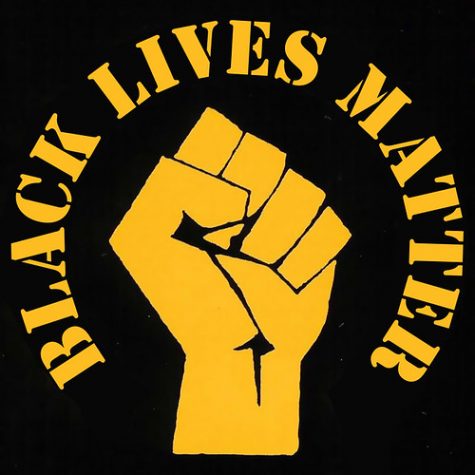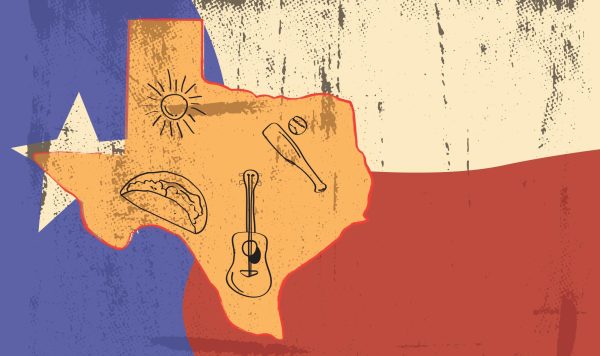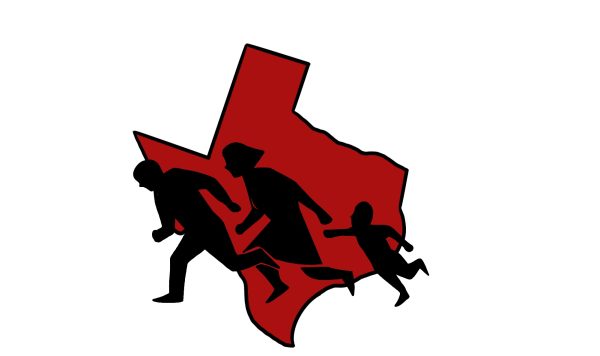Twitter should champion free speech whenever it is possible
Early this year, Twitter unveiled a device and policy that finds and removes offensive content from its site if a foreign government requests it. Last Thursday, Twitter used this device for the first time, blocking the German neo-Nazi group Better Hanover.
German officials sent a letter to Twitter explaining that the Better Hanover should be banned from Twitter due to their hate speech, according to The Guardian. Twitter complied with the German request because Nazi rhetoric is illegal in Germany.
A Twitter representative explained in The Guardian that the group’s offensive content was blocked in Germany, but still accessible elsewhere since the German government can’t censor content outside Germany.
Hours after shutting down the neo-Nazi account, Twitter removed tweets under an anti-Semetic hashtag. The posts were deleted after the Union of Jewish Students of France threatened to get a court order under French law, which forbids discrimination based on race, ethnicity or race.
Elsewhere, Twitter shut down the official Twitter page of British National Party Chairman, Nick Griffin. According to the BBC, Griffin tweeted a request for the home addresses of a gay couple that won an anti-discrimination case, and he further explained that a gay couple should not feel persecuted when discriminated against because people have the right to discriminate.
With numerous laws on censorship throughout the world, Twitter must strike a balance between not only appeasing various countries, but also upholding the concept of free speech.
The purpose of Twitter and other social media sites depends on the person using the platform. While some use Twitter to promote their political stances, others use it to discuss trending topics in pop culture. Regardless of who is using Twitter, it serves as a platform to exchange and communicate ideas. So is censorship of speech, even if its at the request of a governing body, an ethical approach for the company?
Because Twitter is a private company, it has the right to police and censor the content of its site if content fails to adhere to its guidelines. Despite this, because Twitter is such a massively popular platform for worldwide communication, the lines are fine between Twitter’s private standards and government policies on censorship.
According to Twitter’s Terms of Service, Twitter reserves the right to remove content if it violates an applicable law or legitimate governmental request. Essentially, Twitter has the right to censor specific tweets as long as there is a legitimate legal reason to do so.
The right to censor certain content is not a novel concept in the world of online communication, but it is surprising for Twitter, a site famous for championing acts of free speech.
Twitter is an American company, and Americans tend to expect free speech with few exceptions, but people and governments worldwide don’t have that same expectation. Thus, Twitter must tread carefully when dealing with these foreign governments.
While foreign governments cannot technically tell Twitter what to do, they could presumably take harsh action and block the social media platform.
While censorship may seem contrary to Twitter’s history of allowing free speech in situations like the Arab Spring, censorship is a necessary evil if Twitter wishes to maintain its worldwide influence.
Twitter should comply with governments’ requests to censor tweets only when the request is legitimate and lawful. If a government’s request seems illegitimate, frivolous or unlawful, Twitter should continue its precedent of championing free speech.


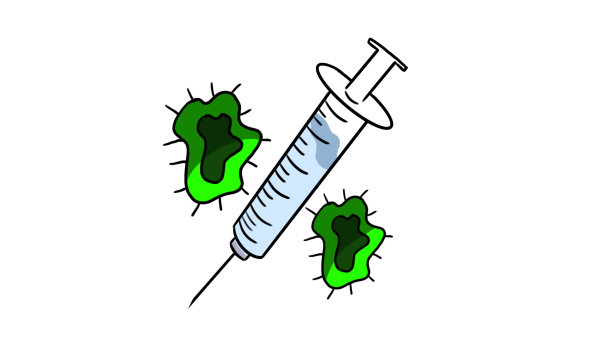
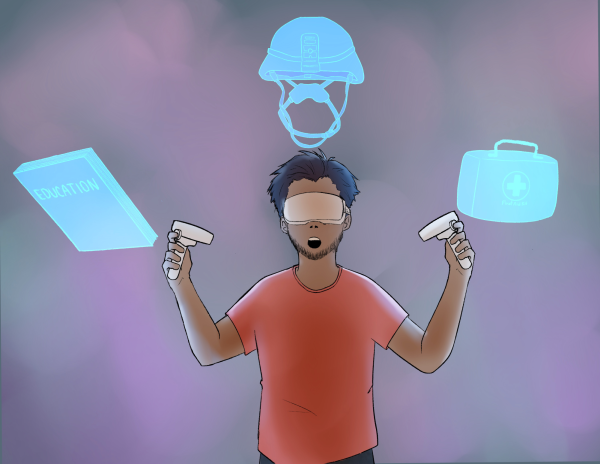
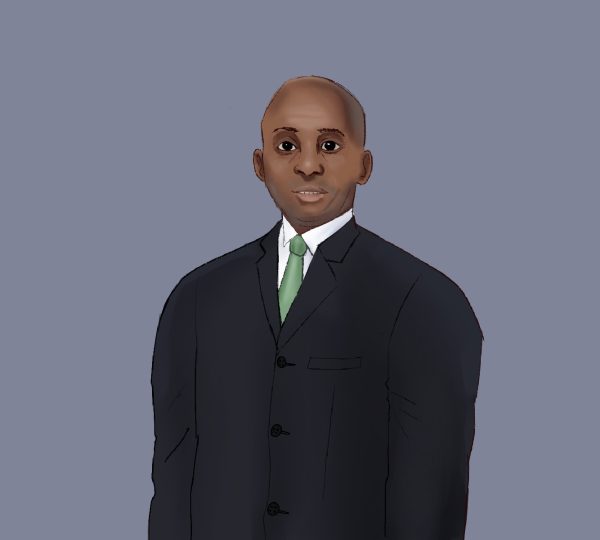
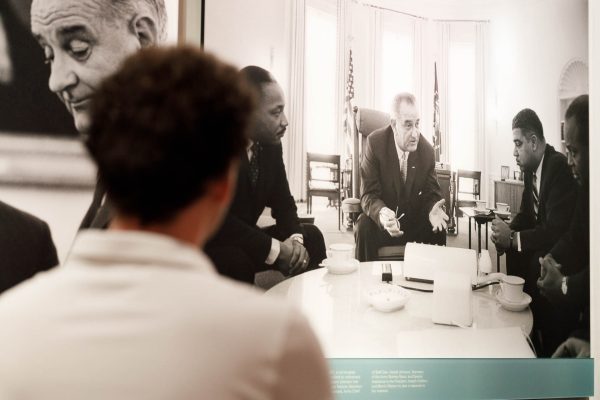

![According to a 1993 archive from Congressional Quarterly Almanac, “[Judge] Ginsburg was known as a restrained and fair-minded judge who did her homework and then some.” She was “considered moderate to conservative on criminal issues and business law,” relatively progressive “on issues such as free speech, religious freedom and separation of church and states,” and more liberal on “civil rights and access to the courts.”](https://www.hilltopviewsonline.com/wp-content/uploads/2020/10/VP-4RBG_CC-by-WFULawSchool-475x317.jpg)
